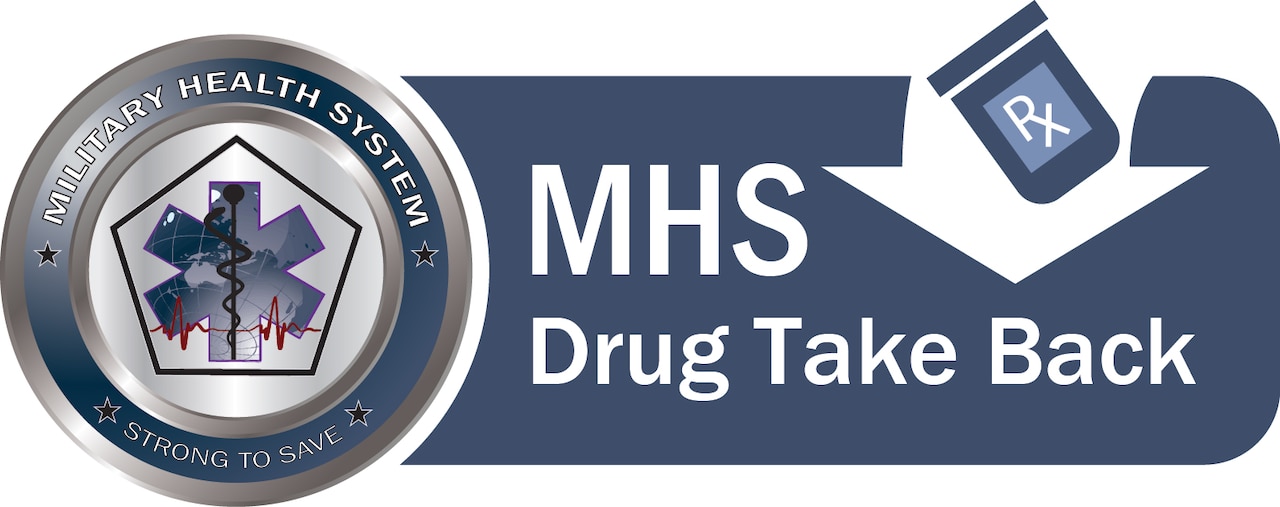This could Happen To You... In Patient Substance Abuse Treatment Error…
페이지 정보
작성자 Raymundo 작성일24-01-10 03:20 조회14회 댓글0건관련링크
본문
Introduction:
Medicine addiction is a complex and severe problem that impacts people, households, and societies globally. It really is a chronic, relapsing brain condition characterized by compulsive medication looking for and use despite harmful consequences. This report aims to provide a short history of medication addiction, its factors, effects, and possible solutions.
 Factors that cause Drug Addiction:
Factors that cause Drug Addiction:
There are various factors that subscribe to medication addiction. The initiation and strength of medicine usage can be influenced by genetic, environmental, and psychological factors. A lot of people may have an increased vulnerability to become addicted because of hereditary predispositions. Ecological aspects, including peer force or experience of medication accessibility, also can play an important role. Additionally, psychological state conditions, childhood injury, and stress increases the possibilities of building an addiction.
Consequences of Drug Addiction:
Drug addiction has devastating effects not merely for the individuals enduring it but also for their loved ones and communities. It contributes to physical and mental damage, including organ harm, impaired cognitive function, and enhanced threat of psychological state conditions. Long-term substance abuse can severely influence a person's personal interactions, job opportunities, and general quality of life. Also, medication addiction puts an important burden on health care methods and plays a part in criminal activities and social uncertainty.
Worldwide Effect:
Drug addiction is an international crisis impacting countries across the globe. In line with the United Nations Office on medication and Crime (UNODC), approximately 269 million individuals global utilized medicines at least once in 2018. Moreover, an estimated 35 million individuals suffer from medication use disorders, with opioid addiction becoming an important concern. The commercial expenses of drug addiction tend to be staggering, including medical costs, lost productivity, and unlawful justice expenditures.
Protection and Treatment:
Avoidance strategies are very important to tackling medication addiction. Education and understanding programs that emphasize the risks of drug use will deter individuals, specifically young people, from trying out medications. Additionally, policies that restrict medicine availability and control prescription methods can play a significant part in stopping substance abuse.
In terms of treatment, an extensive method that includes medical, emotional, and social interventions is vital. Detox, counseling, and behavioral therapies are commonly used treatments. Medication-assisted alcoholic group therapy (pad) can also be effective, particularly for opioid addiction. But usage of these remedies remains limited in a lot of regions, which makes it required to deal with obstacles to process accessibility and affordability.
Summary:
Medicine addiction is a complex societal concern that poses considerable challenges internationally. Its factors are multifaceted, including hereditary, ecological, and psychological factors. The consequences of addiction tend to be damaging to people, families, and communities, affecting physical and mental health, interactions, and socio-economic stability. Prevention attempts, plus extensive treatment methods, tend to be important for addressing this crisis effortlessly. To fight drug addiction, a collaborative effort between governments, health providers, communities, and folks must raise awareness, supply help, and enhance access to therapy resources. Just through concerted efforts can hopefully to alleviate the duty of medicine addiction and pave how for a more healthful and better future.
Medicine addiction is a complex and severe problem that impacts people, households, and societies globally. It really is a chronic, relapsing brain condition characterized by compulsive medication looking for and use despite harmful consequences. This report aims to provide a short history of medication addiction, its factors, effects, and possible solutions.
 Factors that cause Drug Addiction:
Factors that cause Drug Addiction:There are various factors that subscribe to medication addiction. The initiation and strength of medicine usage can be influenced by genetic, environmental, and psychological factors. A lot of people may have an increased vulnerability to become addicted because of hereditary predispositions. Ecological aspects, including peer force or experience of medication accessibility, also can play an important role. Additionally, psychological state conditions, childhood injury, and stress increases the possibilities of building an addiction.
Consequences of Drug Addiction:
Drug addiction has devastating effects not merely for the individuals enduring it but also for their loved ones and communities. It contributes to physical and mental damage, including organ harm, impaired cognitive function, and enhanced threat of psychological state conditions. Long-term substance abuse can severely influence a person's personal interactions, job opportunities, and general quality of life. Also, medication addiction puts an important burden on health care methods and plays a part in criminal activities and social uncertainty.
Worldwide Effect:
Drug addiction is an international crisis impacting countries across the globe. In line with the United Nations Office on medication and Crime (UNODC), approximately 269 million individuals global utilized medicines at least once in 2018. Moreover, an estimated 35 million individuals suffer from medication use disorders, with opioid addiction becoming an important concern. The commercial expenses of drug addiction tend to be staggering, including medical costs, lost productivity, and unlawful justice expenditures.
Protection and Treatment:
Avoidance strategies are very important to tackling medication addiction. Education and understanding programs that emphasize the risks of drug use will deter individuals, specifically young people, from trying out medications. Additionally, policies that restrict medicine availability and control prescription methods can play a significant part in stopping substance abuse.
In terms of treatment, an extensive method that includes medical, emotional, and social interventions is vital. Detox, counseling, and behavioral therapies are commonly used treatments. Medication-assisted alcoholic group therapy (pad) can also be effective, particularly for opioid addiction. But usage of these remedies remains limited in a lot of regions, which makes it required to deal with obstacles to process accessibility and affordability.
Summary:
Medicine addiction is a complex societal concern that poses considerable challenges internationally. Its factors are multifaceted, including hereditary, ecological, and psychological factors. The consequences of addiction tend to be damaging to people, families, and communities, affecting physical and mental health, interactions, and socio-economic stability. Prevention attempts, plus extensive treatment methods, tend to be important for addressing this crisis effortlessly. To fight drug addiction, a collaborative effort between governments, health providers, communities, and folks must raise awareness, supply help, and enhance access to therapy resources. Just through concerted efforts can hopefully to alleviate the duty of medicine addiction and pave how for a more healthful and better future.


